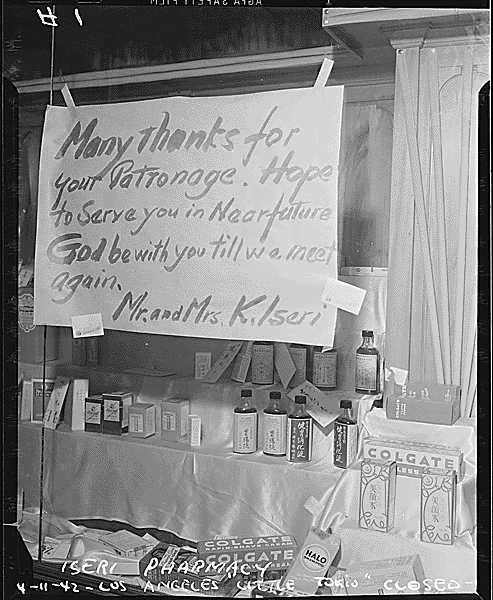Post by Christina Mantey
This post is the third in a series of five blog posts written by Christina Mantey, a research assistant on the Conceptualizing Recordkeeping as Grief Work (CRAGW) project. Christina has an interesting perspective on the emotional (and sometimes trauma-related) dimensions of archival work, having come to the field from a career in nursing. This series of blog posts is a personal account of her work as a research assistant with the CRAGW project and of her journey as a second-career archival graduate student.
Part 1: “Archiving Hurts”: How to Succeed and Fail in School
Part 2: “Archiving Hurts”: Hospital Adventures
Part 3: Past Traumas, Future Traumas
In the pre-pandemic spring of 2020, our Personal Archives class was learning about and discussing encountering “difficult records” in the workplace. Our instructor was honest about the reality of working with sad or disturbing records — such as records that detail discrimination or genocide — how these records might affect an archivist, and how to deal with their potentially traumatic effects. The lesson was sobering and was followed by a discussion where my peers shared their experiences of difficult records and how archivists might be supported when faced with material that affects them deeply.

It took me a while to admit this to anyone, but this discussion struck a nerve. I strongly believe that trauma is an important topic to discuss and that we should try to be open about our experiences with trauma and support others in any way we can. I believe trauma should not be scoffed at or belittled or relegated to new-age woo-woo. I believe attitudes that encourage survivors of trauma to “keep their chin up” or “buck up buttercup” are dangerously unhelpful.
I know this to be true, but when I heard my classmates talk about working with difficult records I got angry. I felt like my trauma working in difficult medical situations was being dismissed. I was back in academia, where people are nice and cordial and no one yells at you for anything. I was back sitting among young 20-somethings who were eager to spend a couple of hours deliberating the theory and practicalities of a hypothetical scenario and who’d never seen someone die and probably never would. With much gravitas and solemnity, these young 20-somethings were discussing how they were going to be traumatized in their future jobs while sitting at their desks perusing old documents and the whole thing made me seethe. How dare they speak of trauma in the workplace? I’d seen surgeons whisk people from their hospital bed to the operating room because their guts were literally hanging out. I’d been screamed at, fought, pooped on, ignored, and propositioned. What did they know of workplace trauma and how dare they feel they had the authority to speak to it? Did they have any idea what other people did for a living? Or how good they had it by getting to sit in an office and examine old papers all day?
Even as I sat there fuming I knew my emotions and my values were in conflict. All my nursing training was screaming at me telling me to be empathetic and that all trauma should be taken seriously and never be thought of as less than. I also knew that preparing students for aspects of a career that might affect their emotional or mental health is an essential role of professional education, a consideration I feel my nursing program largely failed to address. At the same time, my traumatic nursing memories made it impossible for me to listen to the discussion without wanting to angrily storm out of the classroom. For a while, I never resolved these conflicting feelings. I didn’t want to think about them because they made me feel self-indulgent and egotistical. So I didn’t think about it until later that year when I started working for a favourite professor on research on grief and archives.